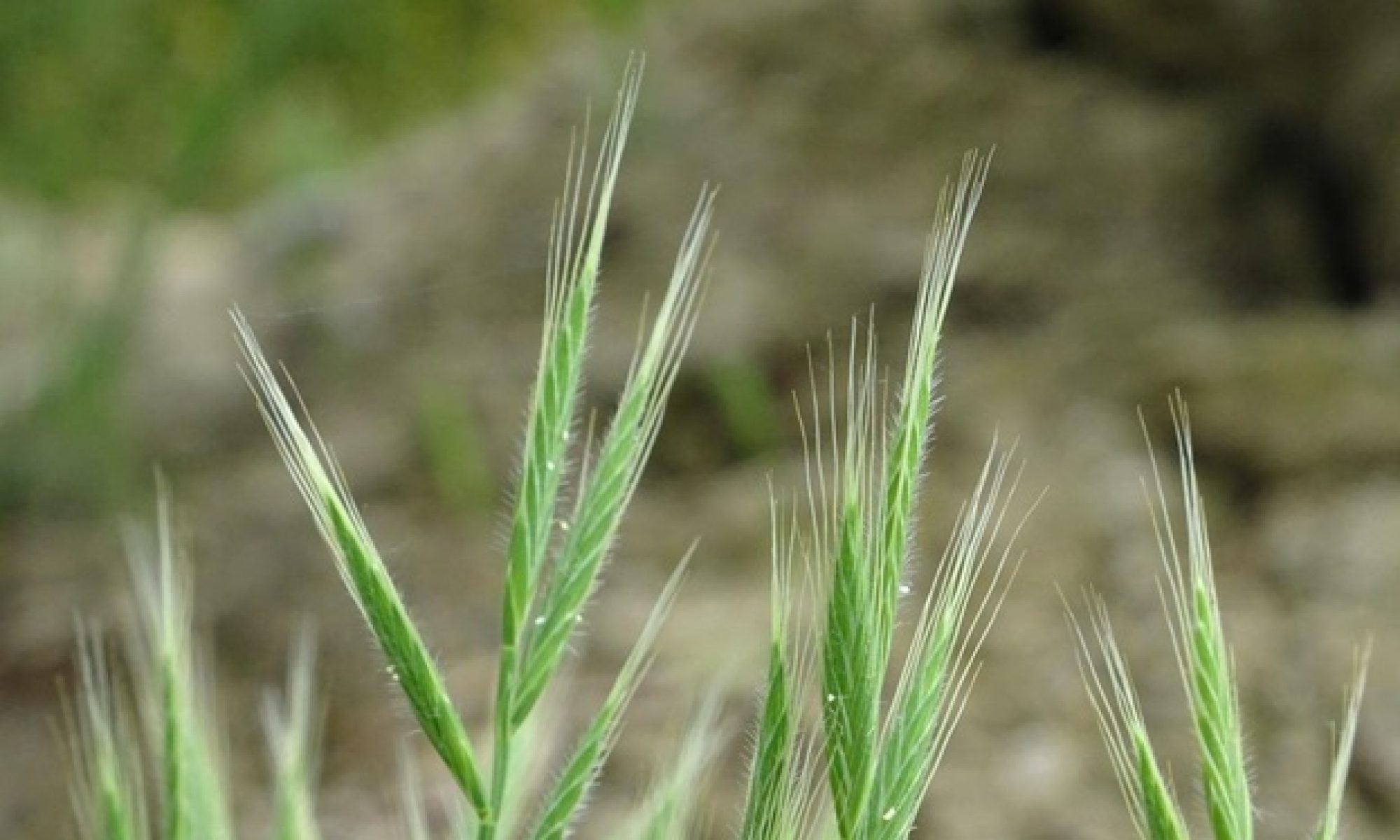Massachusetts Institute of Technology
Natural diversity in patterns of biomass allocation in annual and perennial Brachypodium
All plants must allocate limited resources to survival, growth, and reproduction. Remarkable variation in relative allocation to these three areas is observed within and between species, and in response to environmental factors. Decisions about allocation represent trade-offs between survivorship risk and subsequent fitness benefits with two extremes: annual species, which reproduce once and then die, and perennial species, which reproduce over multiple seasons, often with interim periods of quiescence. I present our work addressing the topics of life history and allocation from three perspectives. First, I assess the current state of the field and propose that perenniality is usefully considered as a syndrome of complex interacting traits, encompassing growth rate, defense strategy, nutrient allocation, phenology and metabolism. Second, I present results from a meta-analysis with the aim of describing climatic parameters associated with the distribution of annual and perennial grass species. Finally, I describe a comprehensive set of experiments linking natural genetic diversity in growth rate in several annual and perennial species to leaf-level and whole-plant ecophysiology. In these experiments we measured components of growth rate under several CO2regimes that manipulate source/sink dynamics in four Brachypodium species. I conclude that Brachypodium, with its wealth of genomic tools and diverse life history types, is an ideal system for studying the genomics, development and ecophysiology of resource allocation in grasses.

